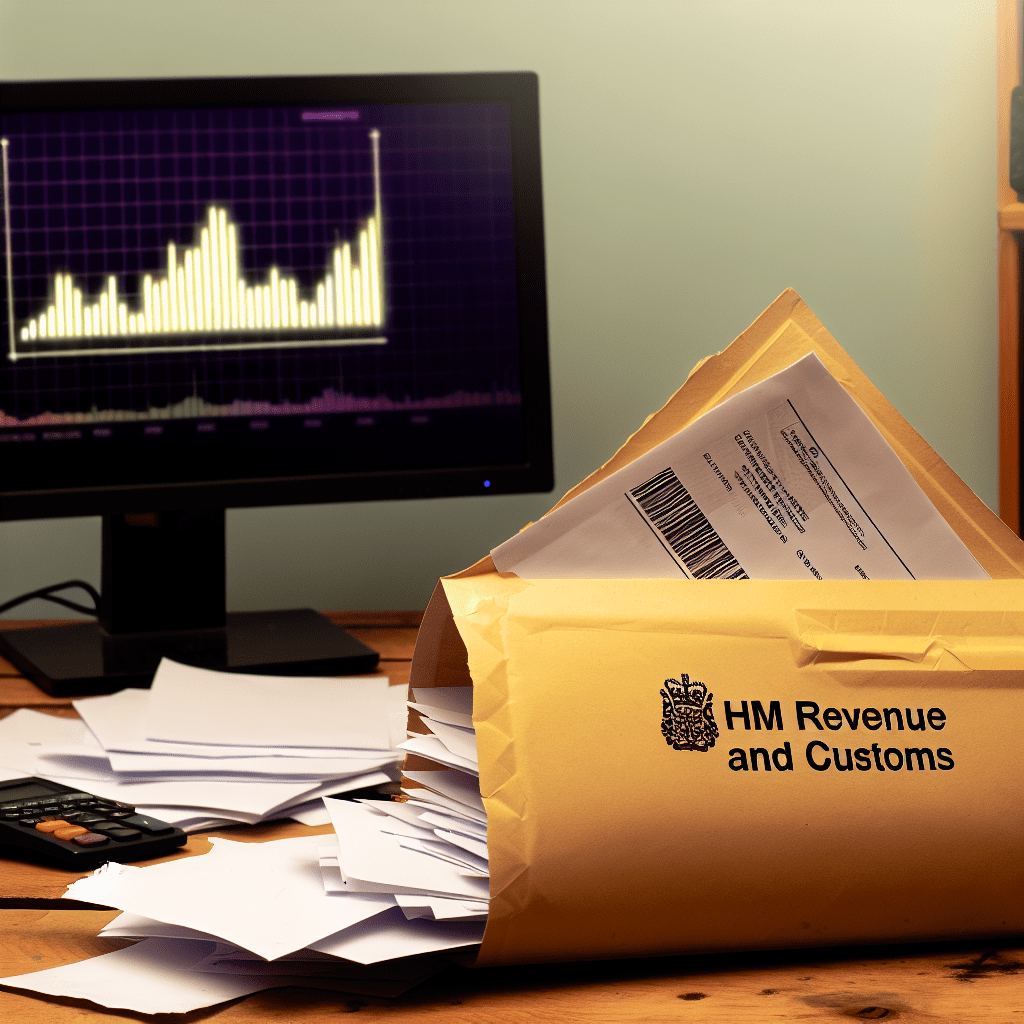The UK tax authority has intensified its scrutiny of cryptocurrency investors, increasing the number of warning letters sent to individuals suspected of underreporting or evading taxes on gains from digital assets.
HM Revenue & Customs (HMRC) dispatched nearly 65,000 letters during the 2024–25 tax year, a significant rise from 27,700 the previous year, as reported by the Financial Times on Friday, citing data obtained through the Freedom of Information Act.
The letters, referred to as “nudge letters,” aim to encourage investors to voluntarily amend their tax filings before more formal investigations commence.
This dramatic increase indicates HMRC’s heightened emphasis on tax compliance related to cryptocurrencies. Over the last four years, the agency has issued more than 100,000 of these letters, with activity accelerating alongside rising crypto adoption and asset prices.
Related: How to file crypto taxes in 2025 (US, UK, Germany guide)
7 million UK adults own crypto
The Financial Conduct Authority estimates that seven million UK adults currently hold cryptocurrency, an increase from about 10% (5 million) in 2022 and 4.4% (2.2 million) in 2021, highlighting the rising interest.
“The tax regulations concerning cryptocurrencies are quite intricate, and now a considerable number of individuals are trading in crypto without realizing that moving from one coin to another triggers capital gains tax,” said Neela Chauhan, a partner at UHY Hacker Young, the firm that submitted the FOI request, as reported by the FT.
HMRC’s visibility in the market has significantly improved. The agency now obtains transaction data directly from major cryptocurrency exchanges and will gain automatic access to global exchange data by 2026 under the Organisation for Economic Co-operation and Development (OECD)’s Crypto-Assets Reporting Framework (CARF).
Related: New York State senator proposes tax on crypto mining energy use
US lawmakers weigh crypto tax exemptions
US senators are considering revisions to crypto tax policies, including potential exemptions for small transactions and clarifications regarding the treatment of staking rewards.
During a Senate Finance Committee hearing earlier this month, lawmakers discussed whether everyday cryptocurrency transactions should trigger capital gains tax and how to appropriately classify income derived from staking services. Coinbase’s vice president of tax, Lawrence Zlatkin, advocated for Congress to implement a de minimis exemption for crypto transactions below $300.
In parallel, South Korea’s National Tax Service (NTS) has stepped up its crackdown on cryptocurrency tax evasion, warning that assets stored in cold wallets may be confiscated if linked to unpaid taxes.
Magazine: Back to Ethereum — How Synthetix, Ronin and Celo saw the light

